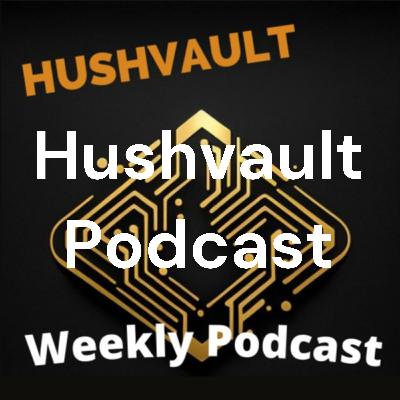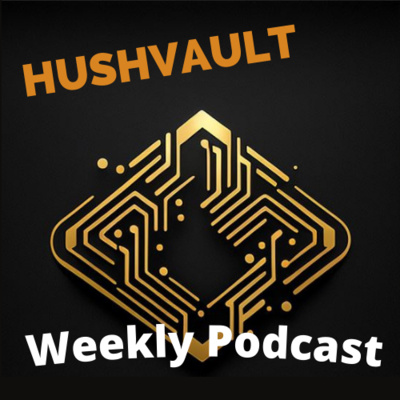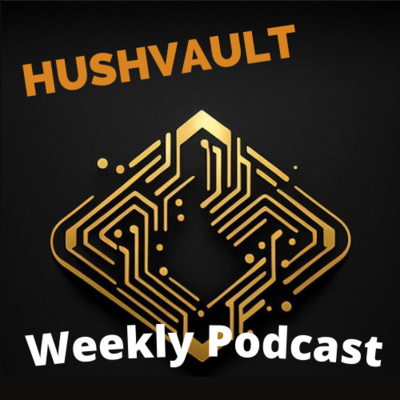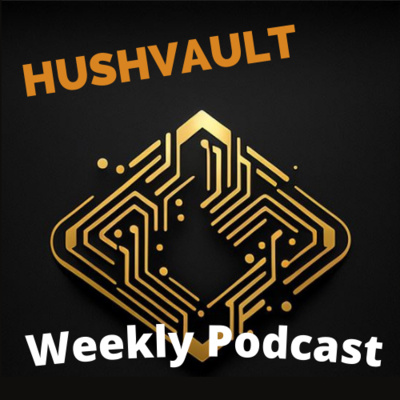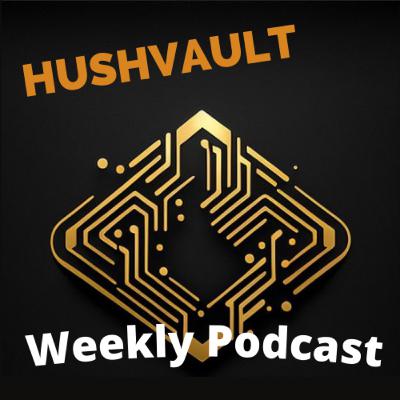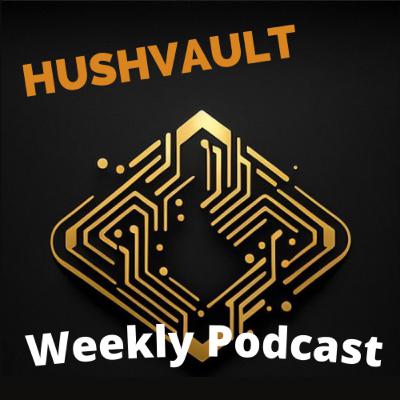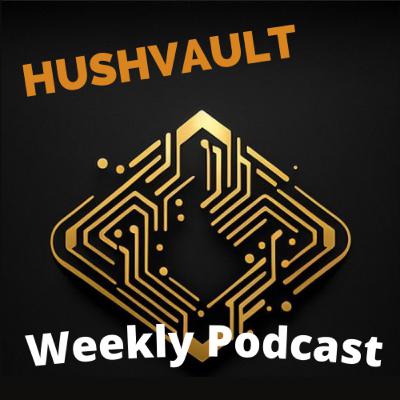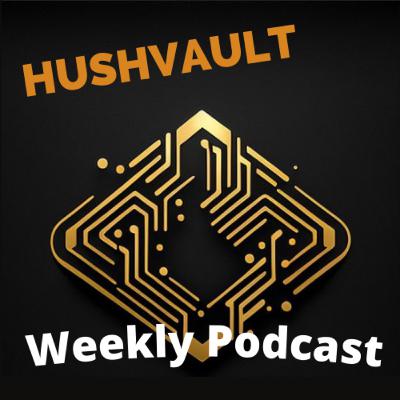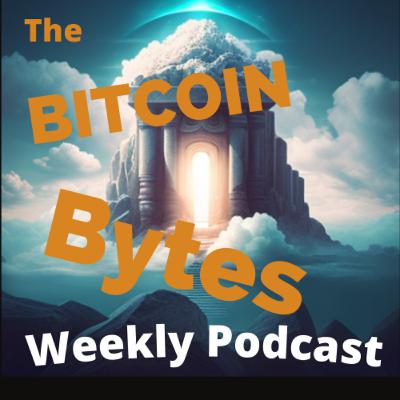The Art of Personal Knowledge Management in the Attention Economy.
Description
In the age of information overload, it can be challenging to stay on top of the constant flow of data and knowledge. Personal knowledge management (PKM) is an effective way to organize and manage the vast amounts of information that we encounter every day. It involves a range of practices and tools that enable individuals to curate, store, retrieve, and share knowledge.
No longer are we limited to pen and paper but this brings about its own challenges. Daily we are overloaded with information.The digital age has opened up a world of information and resources that were once unimaginable. However, with this abundance of information comes the challenge of managing and processing it all. We are constantly bombarded with news articles, social media posts, emails, and other forms of digital content. It can be overwhelming to keep track of everything and filter out what is relevant to us.
The first step in developing a successful PKM strategy is to identify your goals and objectives. What are the key areas of knowledge that you need to develop, and what information do you need to support your goals? Once you have a clear understanding of your knowledge needs, you can begin to develop a system that works for you.
One critical aspect of PKM is learning how to filter and prioritize information effectively. In the attention economy, where attention is a scarce commodity, it is essential to be selective about what you choose to focus on. To do this, you can use a range of tools and techniques, such as setting up filters and alerts to receive only the most relevant information, curating your social media feeds to include only those sources that provide the most value, and creating an information hierarchy to prioritize the most important knowledge.
In addition to filtering and prioritizing information, it is essential to develop effective storage and retrieval systems. There are many tools and techniques available to help individuals manage their information, such as note-taking apps, cloud storage platforms, and project management tools. One of the most effective approaches is to develop a personal knowledge base that integrates your notes, resources, and insights into a single searchable database.
Another critical aspect of PKM is developing a continuous learning mindset. In the attention economy, where new information is constantly being generated, it is essential to keep up with the latest trends and insights. This involves developing a habit of regular reading, attending relevant conferences and events, and actively seeking out new sources of knowledge and expertise.
The attention economy has also led to the emergence of decentralized networks and social media platforms, which offer a more equitable and sustainable model for content creation and consumption. By embracing these platforms, individuals can take more control over their attention and support content creators directly, rather than relying on traditional advertisement models.
In conclusion, personal knowledge management is an essential tool for individuals seeking to thrive in the attention economy. By developing a clear understanding of their knowledge needs, filtering and prioritizing information effectively, and developing storage and retrieval systems, individuals can take control of their attention and stay on top of the constant flow of information. By embracing the latest tools and technologies, and cultivating a continuous learning mindset, individuals can develop a more effective and sustainable approach to personal knowledge management.

